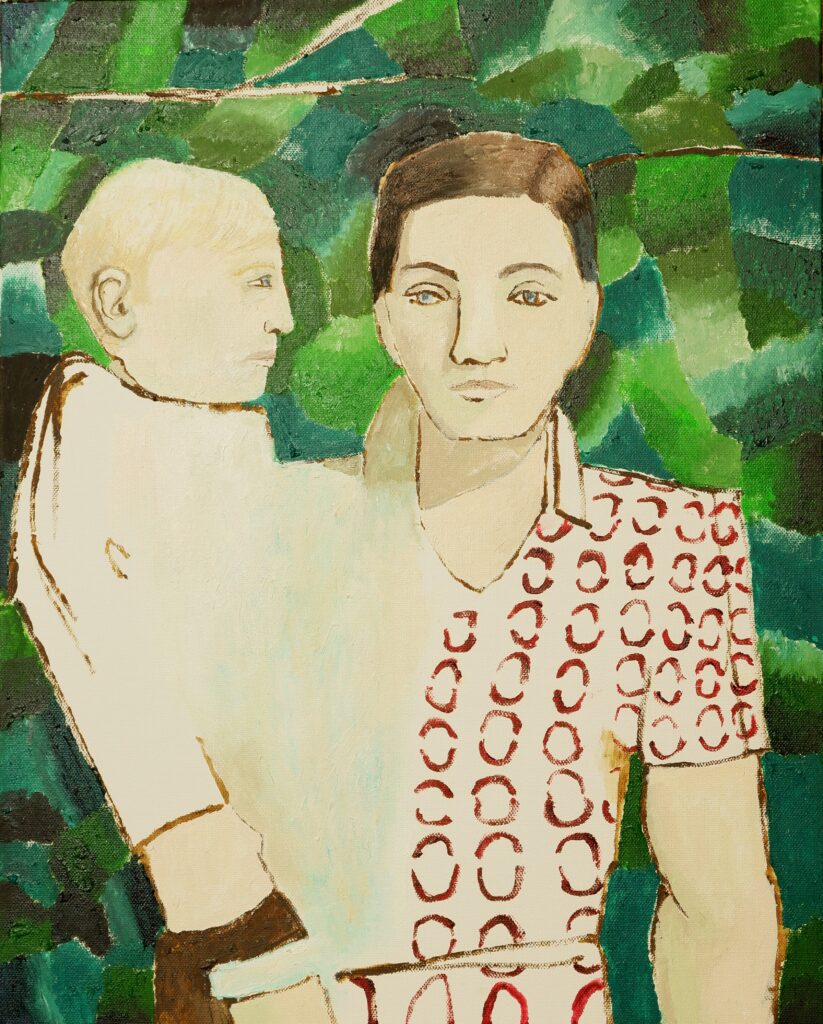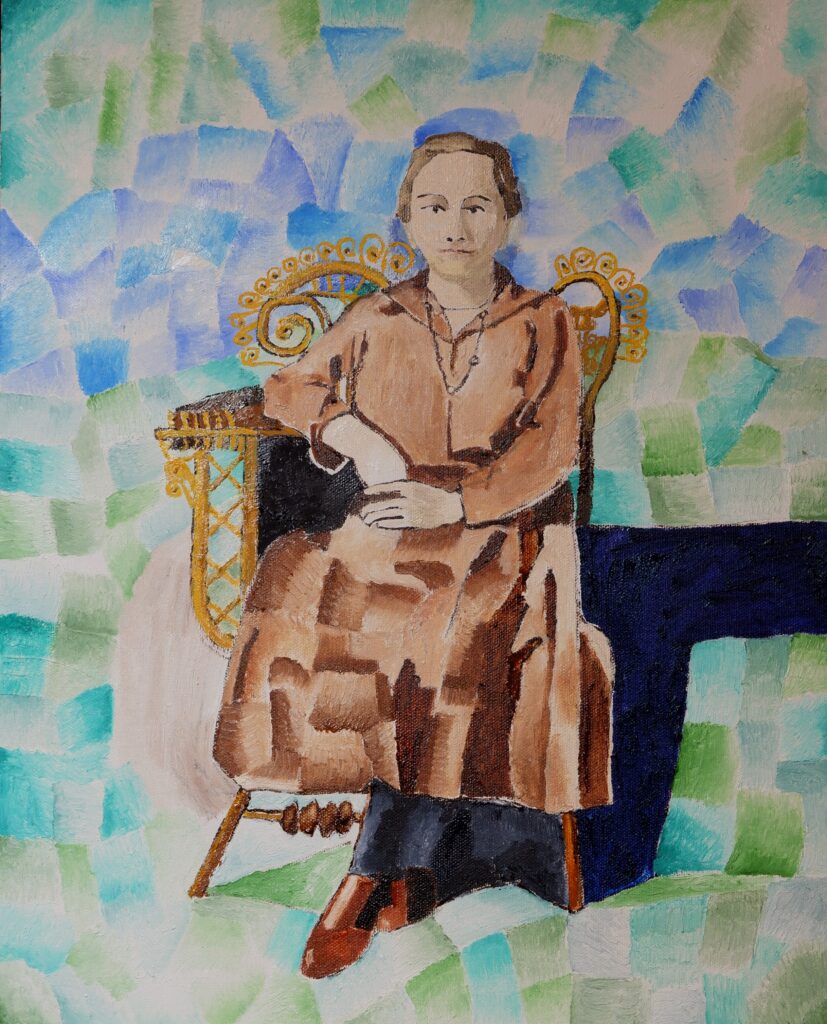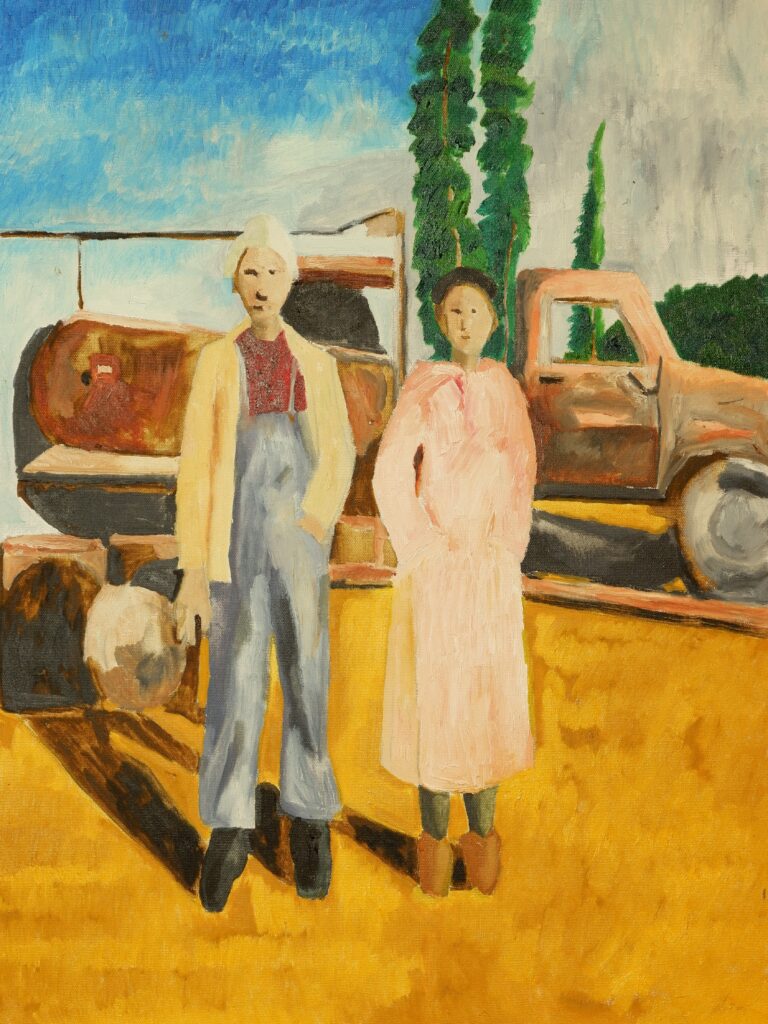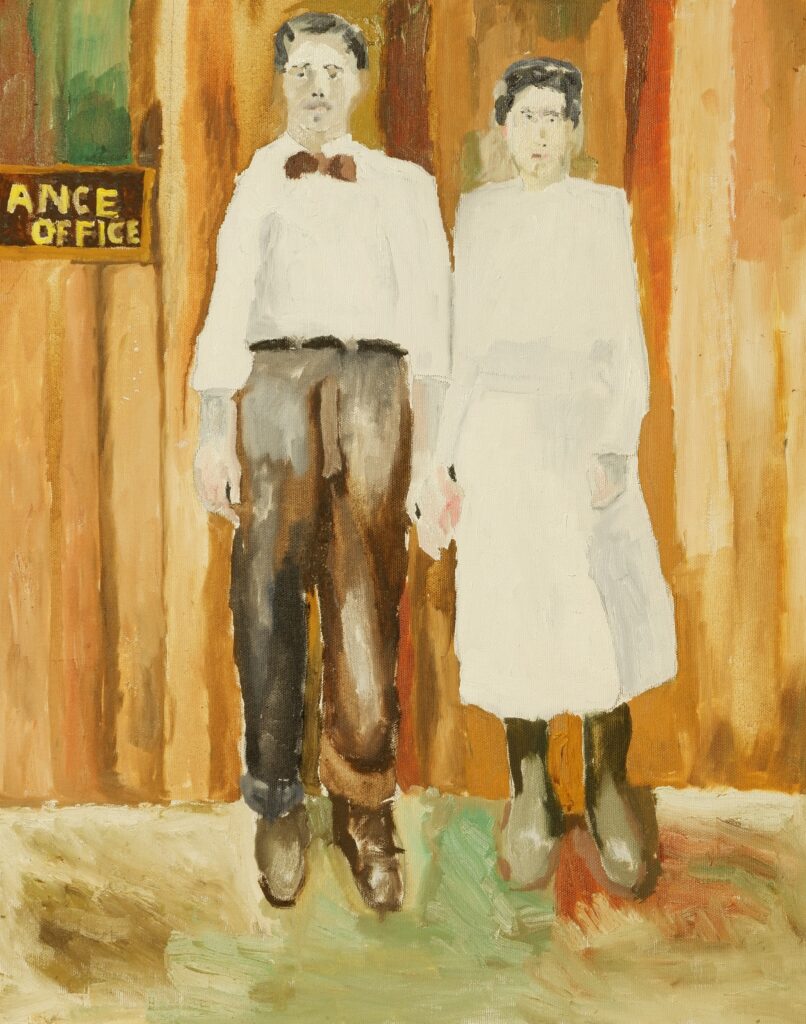Various poems
The King of the World

This text presents a rich tapestry of thoughts and dialogues, weaving complex political and personal themes into a poetic format. Here are some key points that provide a clearer understanding:
The narrator opens with an invitation to look for hope, represented by a rainbow, while juxtaposing modern references and historical conflicts, such as political upheaval and cultural clashes. This blend creates a whimsical tone amidst serious themes.
Throughout the verses, there are reflections on survival, power dynamics, and identity, as characters engage in discussions about loyalty, sacrifice, and the absurdities of life. The imagery of nature and violence illustrates the personal and societal turmoil.
The dialogue reflects on cultural identity, with references to Jewish and Arab contexts, exploring themes of heritage, conflict, and collective memory. This serves to highlight the complexities of existence in a multicultural, often tumultuous world.
Warfare metaphors are prevalent, indicating ongoing struggles between factions. The text uses vivid imagery to depict not just physical battles but also internal conflicts regarding faith, morality, and human relationships, echoing wider socio-political issues.
The characters grapple with existential questions about morality, faith, and the meaning of life. This interplay of dialogue encourages readers to ponder deeper avenues of reflection within the chaotic backdrop.
Overall, this piece blends humor and gravity while addressing essential human themes such as conflict, identity, morality, and the pursuit of hope against adversity, resonating through the ages.
The Fatherland

The Fatherland is a rich, poetic exploration of themes such as identity, spirituality, and the human experience. The narrative unfolds through a series of contemplative and often fragmented thoughts, reflecting on the complexities of personal belief systems, historical legacies, and cultural conflicts.
The author suggests that religion and human experiences (like love and conflict) are intertwined, affecting how people experience life and seek meaning.
The text raises profound questions about the nature of God, salvation, and the afterlife, such as: Does God suffer with humanity? and What truly matters in the lives of the deceased?
The speaker often engages in self-reflection, pondering their place in the world and the weight of their actions, indicating a deep desire for understanding and redemption.
There are reflections on societal behaviors, historical figures, and cultural stereotypes, prompting readers to think critically about their prejudices and assumptions.
Vivid images are used throughout the poem to create emotional depth. From warfare to personal struggles, the imagery connects the speaker’s internal conflicts to larger existential themes.
The Fatherland invites readers to ponder deep philosophical questions while navigating the complexities of identity and belief. Through its intricate structure, the work emphasizes the ongoing human quest for understanding amid chaos and disorder. It is a call to introspection, encouraging one to explore personal and collective history in the search for clarity and connection with the divine.
God and Country

God and Country is a poetic exploration of personal struggle and existential questions, reflecting on themes of faith, identity, and societal issues. The narrator grapples with a blend of spiritual confusion and a search for meaning amidst various personal and cultural conflicts.
The narrator often ponders his own existence and relationships with God and society, questioning whether he fits into a broader narrative. There are references to personal failures and a longing for absolution, reminiscent of a quest for redemption.
The text presents a critique of societal norms and suggests an underlying tension between different cultural identities, such as Americans, Europeans, and various marginalized groups. The narrator frequently touches on historical conflicts, drawing parallels to current issues.
Throughout the poems, the narrator expresses feelings of confusion about his identity, often feeling out of place or disconnected from both his past and present. There is an ongoing dialogue with various figures, including God, implying a desire for guidance.
The narrator grapples with his faith, frequently questioning the existence of a higher power and the role of religion in his life. This doubt showcases a compelling struggle between belief and skepticism–a reflection of modern existential dilemmas.
The work combines vivid imagery and a stream-of-consciousness writing style to convey deep emotional and intellectual conflicts. It invites readers to consider their own beliefs, societal roles, and the effects of history on individual identity. Overall, God and Country serves as a contemplative piece that challenges readers to reflect on their values and the world around them.
Mind the Gap

Mind the Gap by John Swofford is a thought-provoking exploration of introspection, mental health, and identity issues. The narrative captures the complexities of a narrator grappling with personal struggles, including alcoholism, relationships, family history, and societal expectations.
The narrator often oscillates between past memories and present experiences, revealing feelings of regret and the burdens of sobriety. He contemplates how memories shape his current state, showcasing how emotional debts can linger like heavy shadows.
The journey of sobriety is depicted as a tumultuous process filled with medication and self-reflection. The narrator assesses the balance between clarity and the haze of mental illness, pondering the consequences of his actions and the perceptions of others.
Throughout the text, there are glimpses into cultural and societal issues, particularly regarding race and gender. The narrator displays an awareness of the dynamics in his interactions, questioning his understanding of marginalized groups and his place in a changing world.
Interspersed are philosophical musings about existence, love, trust, and the complexity of human relationships. The narrator’s thoughts weave between lighthearted observations and deep existential dread, illustrating a struggle for connection in a fragmented reality.
Despite the often bleak outlook on life, there’s an undercurrent of hope. The narrator expresses a desire to be useful and impactful, hinting at a longing for meaning in his life, which resonates with the human need for connection and purpose.
In summary, Mind the Gap serves as a candid meditation on living with mental illness, with the narrator seeking understanding and connection in a perplexing and often adversarial world around him.